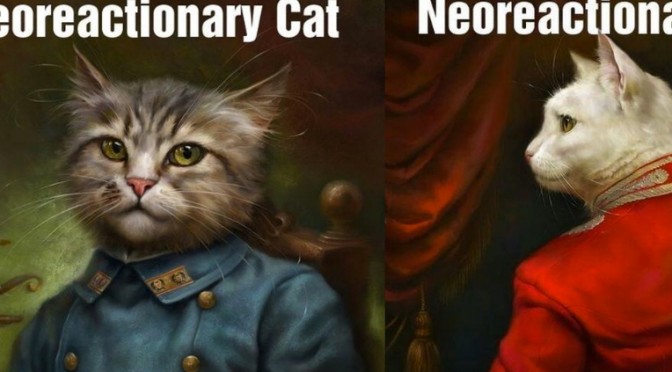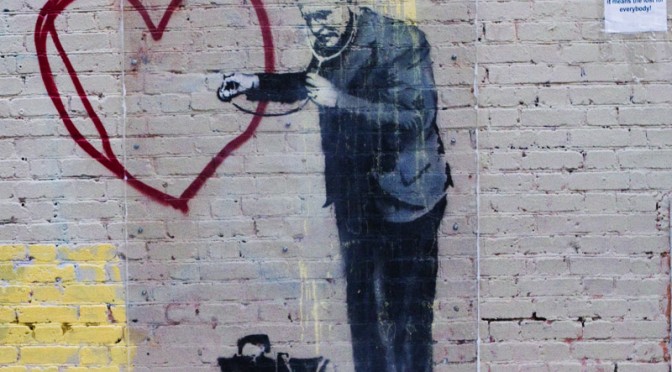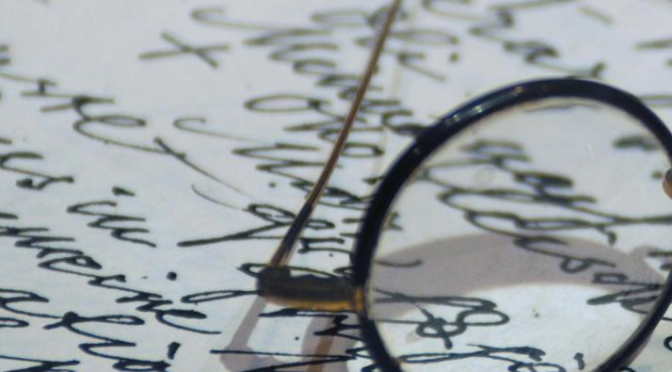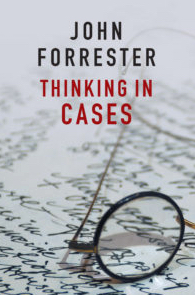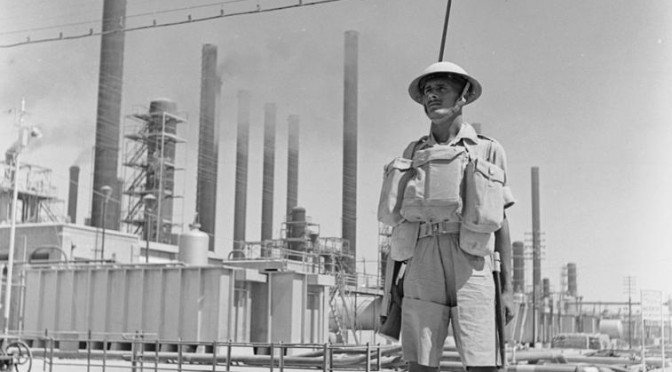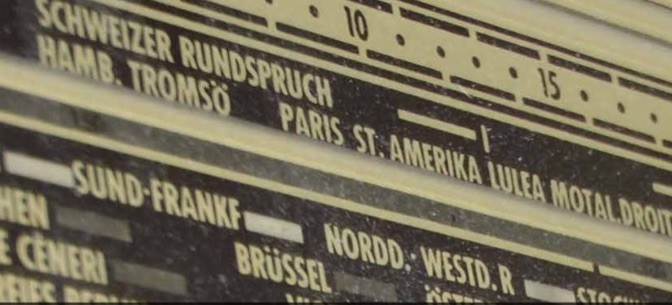by Carleigh Morgan, former Fulbright scholar and current PhD candidate in the Department of English
The seminar series ‘Speculations’ at King’s hosted a conversation on 27 April about conspiracy theories in relation to the political spectacle of Trump and the upsurge in global conversations about disinformation, ‘fake news‘, and the alarmist sense that trust in expertise is crumbling. Two interventions – one from myself and one from Clare Birchall – structured the focus of the event on a closer inspection of what we mean by the term ‘conspiracy’. How can conspiratorial thinking be useful for solidifying formative political movements? Can it, perhaps, mount counter-oppositions to some of the more disturbing mobilisations of right-wing political activism?

